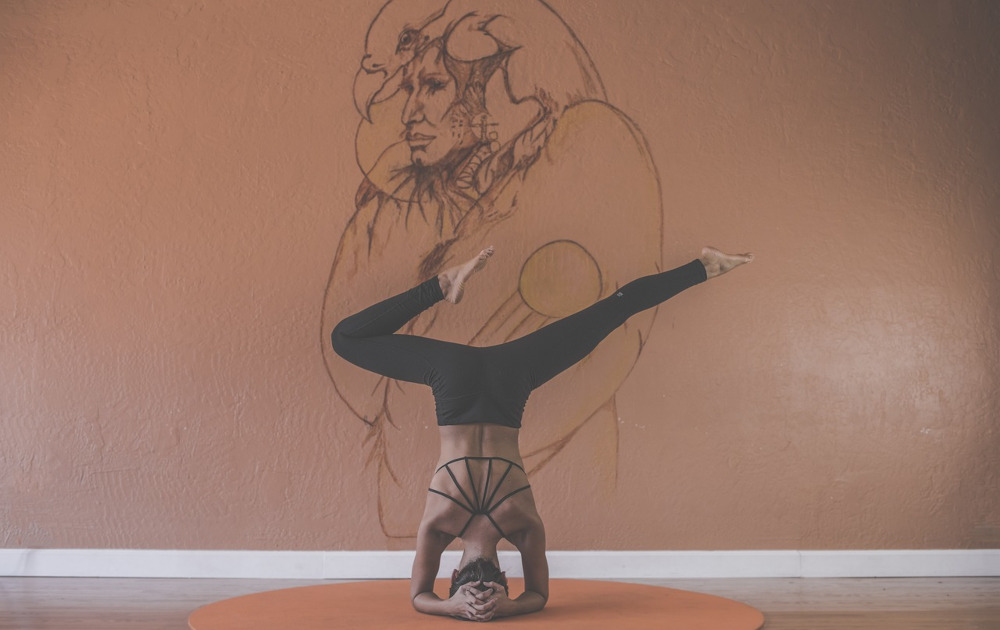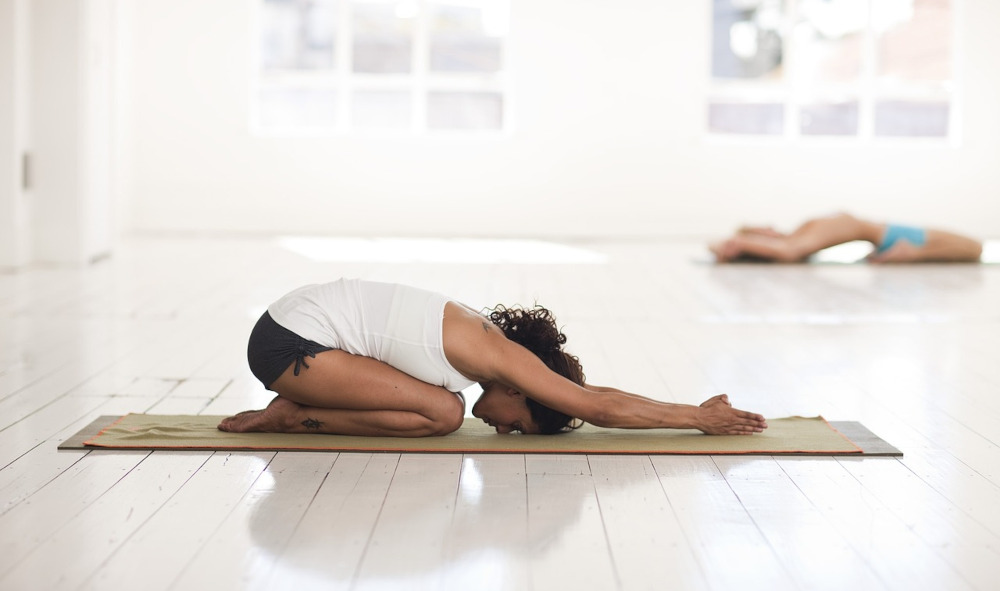As a Christian and fitness enthusiast, I’ve wrestled with this question countless times. I see yoga studios popping up everywhere. Some of my friends swear by their morning yoga routines, and even some churches offer “Christian yoga” classes.
But is yoga something we, as followers of Christ, should embrace or avoid?
My Journey with Understanding Yoga
Let me be honest – I used to think yoga was just fancy stretching. However, after diving deep into research and biblical study, I discovered there’s much more to consider.
Today, I want to share my insights to help you make an informed decision about yoga practice from a Christian perspective.
The Truth About Yoga’s Origins

Here’s something that surprised me: yoga practice isn’t just about physical postures. Its roots run deep into ancient hinduism spirituality. The word “yoga” comes from Sanskrit and means “to yoke” or “unite.”
Traditional yoga aims to unite the human spirit with what Hindu philosophy calls the universal soul (paramatma). Paramatma is believed to be part of their god Brahma.
Modern Western yoga often looks different from its traditional form. However, we can’t completely separate it from these spiritual origins.
This realization made me pause and think more carefully about my approach to yoga.
Why Some Christians Have Concerns

Through my research and conversations with fellow believers, I’ve identified several key concerns:
1. The Idolatry Question
By participating in practices rooted in other religions, aren’t we opening ourselves to idolatry? This isn’t just about bowing to statues – it’s about what we’re inviting into our spiritual lives.
2. Spiritual Influences
The Word of God is clear about avoiding occult practices. While not all yoga involves these elements, some forms definitely do. I’ve learned to be particularly cautious. Some classes incorporate chakras, energy work, or spiritual mantras.
3. The New Age Connection
I’ve also noticed a trend of “Christian yoga” programs which try to blend biblical concepts with yoga practices. However, these often introduce unbiblical ideas under a Christian veneer.
What Scripture Says About Body and Mind

As I’ve studied this topic, certain Bible verses have guided my thinking:
“19 Do you not know that your bodies are temples of the Holy Spirit, who is in you, whom you have received from God? You are not your own; 20 you were bought at a price. Therefore honor God with your bodies.” – 1 Corinthians 6:19-20 (NIV)
This reminds me that physical health matters to God, and how we care for our bodies should honor Him.
Finding Peace Without Yoga

Here’s what I’ve discovered: we don’t need yoga to find inner peace or physical wellness. Christ offers something far deeper.
The Bible promises us “peace that transcends all understanding” through prayer and thanksgiving.
“6 Do not be anxious about anything, but in every situation, by prayer and petition, with thanksgiving, present your requests to God. 7 And the peace of God, which transcends all understanding, will guard your hearts and your minds in Christ Jesus.” – Philippians 4:6-7 (NIV)
Making Your Decision: A Practical Guide

After studying this issue, here’s my balanced approach:
If You Choose to Do Yoga:
- Carefully evaluate each class and instructor.
- Avoid classes with spiritual elements.
- Focus purely on physical benefits.
- Stay grounded in Scripture.
If You Choose to Avoid Yoga:
- Focus on Christ-centered wellness.
- Try alternative exercises like Pilates, physical exercise, breathing exercises or stretching.
- Practice biblical meditation.
My Personal Conclusion

I respect that Christians hold different views on this topic. However, I believe what matters most is maintaining our primary focus on Christ.
You may decide to practice non-spiritual yoga or avoid it completely. But let your decision be guided by prayer, biblical wisdom, and your personal conviction.
Remember, our ultimate goal isn’t just physical wellness. It’s honoring God with our whole being. Whatever you decide about yoga, let that be your guiding principle.
[Note: This article reflects my personal research and understanding as of 2025. Always seek guidance from your local church leadership and the Holy Spirit in making decisions about spiritual matters.]
Common Questions I’ve Encountered
Q. Can I separate yoga’s physical aspects from its spiritual roots?
A. In my experience, this depends on the specific class and instructor. I recommend thoroughly researching any yoga program you’re considering.
Q. What about Christian yoga alternatives?
A. While these exist, I encourage careful discernment. Some instructors simply rebrand traditional yoga with Christian terminology. But they don’t address the underlying spiritual concerns.
Q. How can I stay fit without yoga?
A. I’ve found numerous effective alternatives: stretching routines, Pilates, or basic flexibility training. These options offer similar physical benefits without spiritual baggage.







thank you for this simple explanation on Yoga for Christians. I’ve searched the Scriptures and all that I can say, to each his own, but I sense a conviction in my heart of hearts. and for “conscience’ sake” I will not partake.
I enjoy the stretching of yoga at my gym, but did feel concerned about the spiritual aspect of it. I also did not want a friend who practices Hinduism to know I was participating in a yoga class. I have witnessed to her about Jesus and felt that she would think I was compromising my Christian beliefs. I will find other ways to stretch. Thank you for your insight!
Maybe that is where we need to be to share the word of God and then as we get better to be the leader of the yoga class.